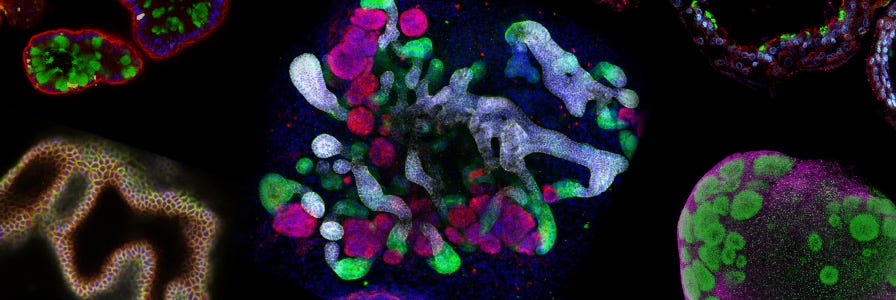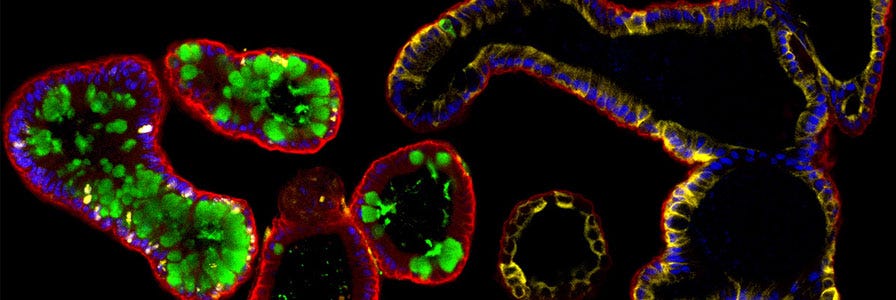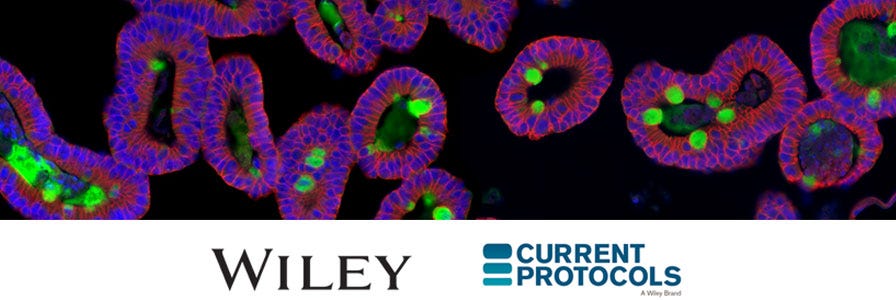Organoids in Drug Discovery
Predictive methods are needed to increase the chance of success in your drug programs before clinical trials. Organoids are a beneficial tool in drug discovery and toxicity testing, aiding target discovery, validation, and pre-clinical testing. Organoid models provide a more physiologically relevant cellular composition and tissue structure than standard 2D models, with increased accuracy and higher throughput. Additionally, patient-derived organoids can be used to predict drug toxicity and efficacy, allowing you to make precise and confident decisions to advance your drug candidates.
Learn how organoids can help your drug-discovery workflow below.
Interview: The Role of Organoids and Organ-On-A-Chip Systems in Drug Discovery
Drs Bas Trietsch, Chief Technology Officer at MIMETAS, and Jenna Moccia, Director of Product Management at STEMCELL Technologies, discuss the challenges that lead pharma companies to adopt advanced in vitro models, such as organoids and organ-on-a-chip, and the benefits they see after incorporating these systems in their research.
Watch Now >Mini-Review: Organoids in Drug Discovery
Learn about the predictive power of organoids in drug discovery with collated research, data, and related educational resources.
Mini-Review: Intestinal Organoids
Learn more about intestinal organoids and how they are being used to model intestinal development, health, disease across a wide range of research areas.
E-Book: Organoid Evolution and Applications
Download a copy of the Wiley e-book “Organoid Research Techniques: Evolution and Applications” to learn more about the development of these novel model systems.
E-Book: Proven Protocols for Intestinal Organoid Culture
Master the basics of intestinal organoid culture with curated protocols in this e-book.






